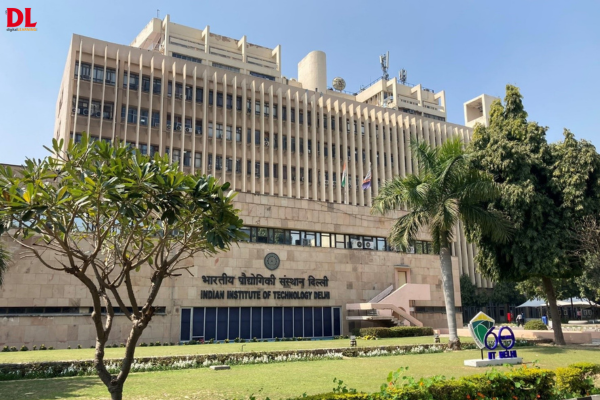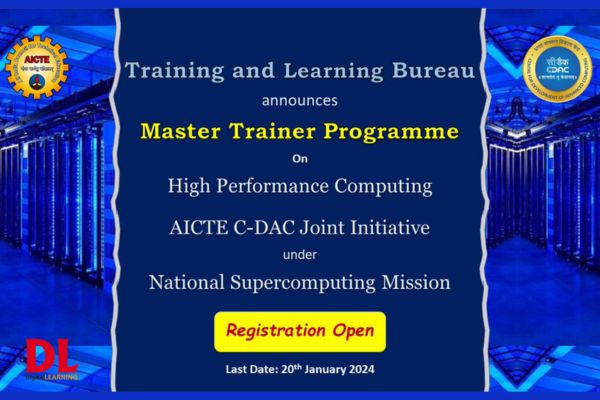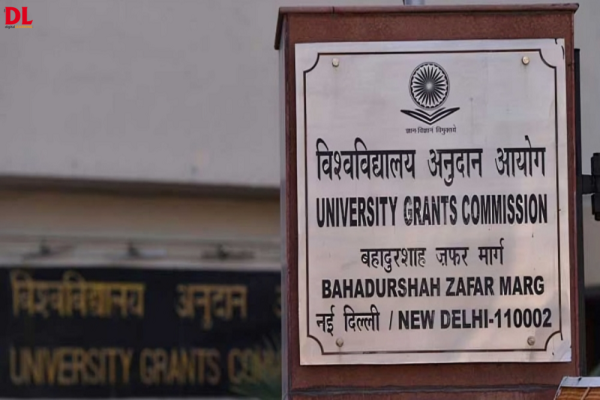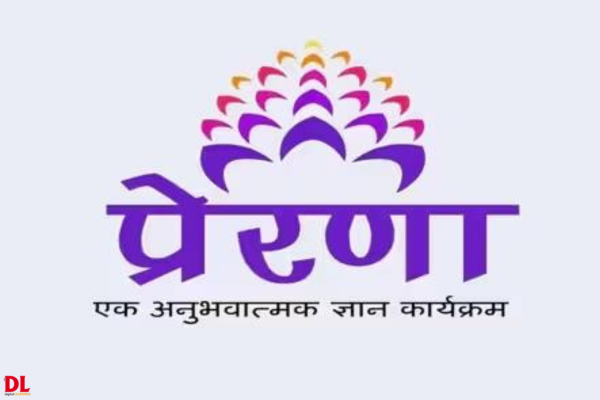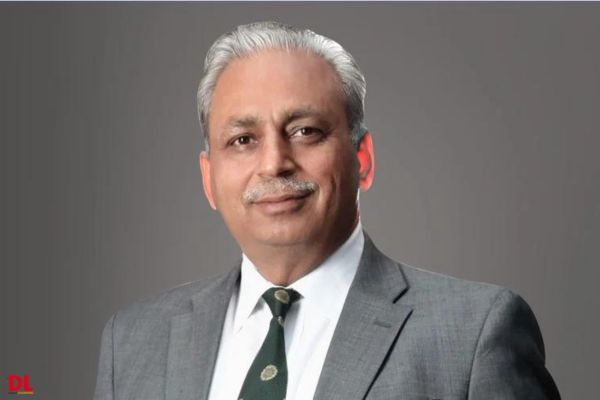In the dynamic landscape of project management, obtaining a Project Management Professional (PMP)® certification is a badge of honour; it opens doors to a multitude of benefits. According to PMI’s recent Talent Gap report – the demand for skilled project managers is set to surge, with an estimated 2.3 million positions needing to be filled annually by 2030. Getting PMP certified puts you right in the middle of this demand as an independently certified skilled professional who can command a premium due to their skills and competencies in a discipline brimming with potential.
To remain competitive in this evolving ecosystem, companies are focusing on the need for adept problem solvers and relationship builders who can not only drive change but also align projects to realize the business vision of the organization. This demand for project leaders, especially those equipped with power skills, becomes a beacon of opportunity especially in times of turbulence. This is because navigating change and dealing with ambiguous situations demands not only the best technical skills but critical power skills to ensure that, right from the get-go, the brief is understood correctly, and constant course correction is undertaken in line with resources and constraints.
The PMI Pulse of the Profession® 2023 report underlines that communication is the linchpin, identified by 68% of respondents as the most critical power skill, closely followed by problem-solving (65%), collaborative leadership (62%), and strategic thinking (58%).
Mastering these behaviours, coupled with core technical skills, is one of the many benefits of getting PMP certified. Whether it’s infrastructure – digital, social, or physical – or the IT industry, project management is the key to achieving organizational goals and realizing project benefits.
Here are six reasons why aspiring and seasoned project professionals should get ahead by getting PMP certified:
1. Elevated Earning Potential
The numbers speak volumes – PMP-certified professionals earn, on average, 33% higher salaries than their non-certified counterparts across 21 surveyed countries. According to the thirteenth edition of Earning Power: Project Management Salary Survey, this certification sets you on a trajectory to financial success, making it a wise investment in your career.
2. Global Standard of Excellence
Regardless of your geographical location – whether you’re in the Americas, Europe, Asia, or Africa – the PMP certification is a universally recognized standard for project management professionals. It’s not just a certification; it’s a global validation of your expertise in leading and directing projects, making you stand out in high-demand roles.
3. In-Demand Certification Across Industries
The PMP certification is not industry-specific; it’s universally sought after. Organizations globally actively seek PMP-certified individuals and, in some cases, make it a prerequisite for certain roles. This versatility means that you become an asset in any industry, anywhere in the world, and with any project management methodology.
4. Career Flexibility and Marketability
In an era of economic uncertainties, the PMP certification provides more than just a career boost – it offers career resilience. Recognized as the gold standard in project management certifications, PMP equips you with a diverse skill set that includes agile and hybrid approaches, Scrum, and wicked problem-solving. It’s not just about managing projects; it’s about mastering power skills like collaborative leadership, empathy, and communication, making you a well-rounded professional.
5. Variety of Certification Options
PMI doesn’t just stop at PMP – it offers a variety of certifications tailored to different career stages and goals. In addition to the world-renowned PMP certification, PMI provides a suite of options covering diverse methodologies like agile and hybrid approaches. These certifications not only align with industry trends but also ensure professionals stay at the forefront of their careers. So right from the start of your journey with the foundational Certified Associate of Project Management (CAPM)® or advancing with specialized certifications like the Agile Certified Practitioner (PMI-ACP)®, PMI offers a comprehensive range to meet your specific needs and career aspirations.
For example, CAPM is a great preparation ground for a professional to pursue a PMP.
6. Recognized Proficiency in Leading Projects
The PMP certification isn’t just about theoretical knowledge; it’s about applying that knowledge to real-world project management experiences. From motivating people and teams to using predictive, agile, and hybrid approaches, PMP validates your ability to lead projects in any industry. This recognition makes you a valuable asset, contributing significantly to the success of your projects and your organization. By connecting you with an accomplished community of achievers, you keep up your learning journey of best practices via multiple interaction opportunities that a PMI member enjoys exclusively.
Conclusion: Your Path to Success Begins with PMP Certification
In conclusion, embarking on the journey to PMP certification is not just a career move; it’s a strategic decision to elevate your professional standing, increase your marketability, and unlock a world of opportunities. As a PMP-certified professional, you position yourself as a leader in project management, ready to navigate the complexities of the global job market with confidence and competence. Invest in your future success – get PMP certified today and join the growing tribe of certified project professionals who are powering the progress of humanity one project at a time.
For more information visit: https://www.pmi.org.in/









